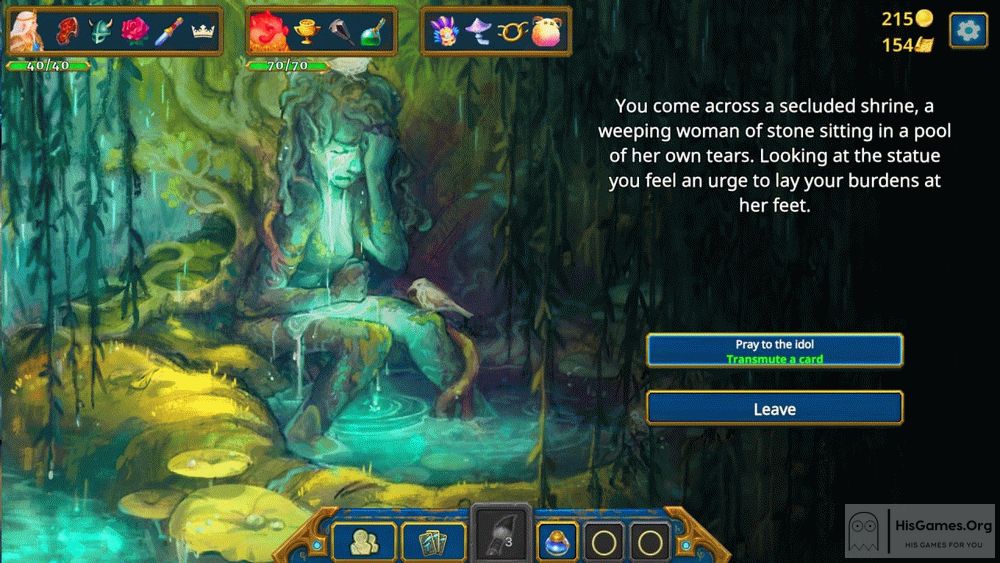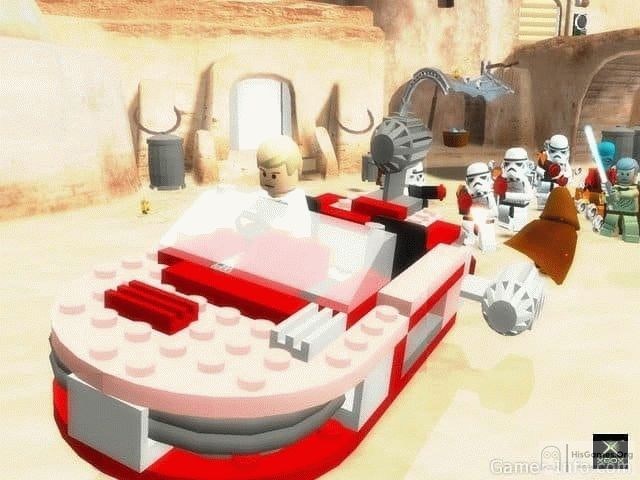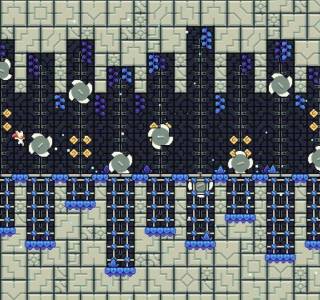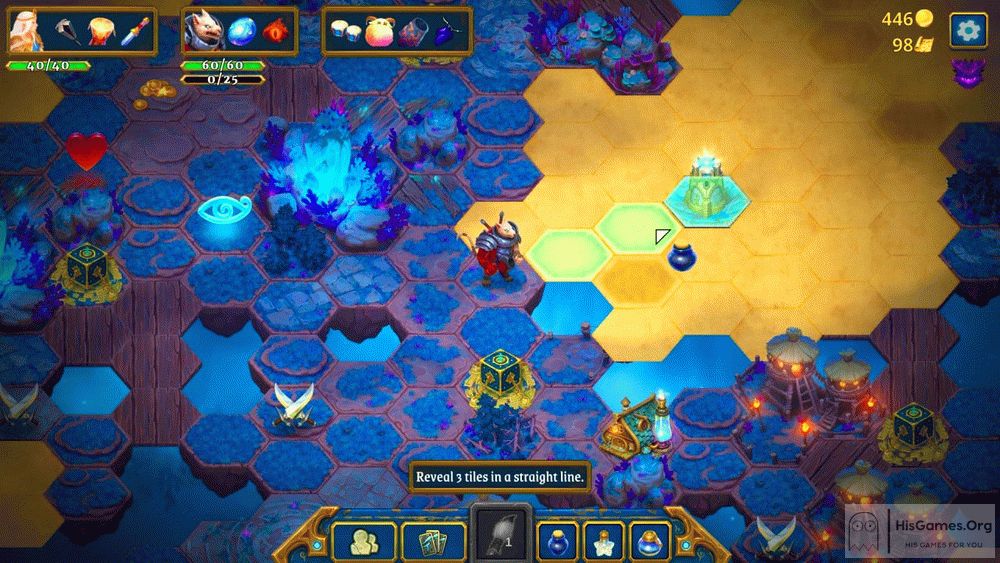
So say I, Draul finished a encounter and someone else had not. Friends could join a game but the games progression only shows that of the person hosting. First because the game is not a MMORPG it requires a host of sorts. The biggest issues we encountered while playing the game are what brings the game down in a big way. We found the game play itself to be very fun when we were doing the missions on hard. Example being in several missions we would have two people taking the brunt of the fire while one of us flanked and the other stayed back sniping and tossing down support abilities like a revival pack, healing, or even suppressing fire (Yes it is an actual in game mechanic, and not just randomly firing.)
#Roguebook max level plus
When you throw more people in the game seems to get a little tougher per person plus it adds the choice to setup before an encounter or which ever tactics you want to use. Playing the game on easy/normal is just to easy.

#Roguebook max level full
For the best experience I strongly suggest playing the game in a full party on hard difficulty. You can chose to play the game solo or with friends. This very reason is why this game is not a mmorpg but instead just a Online RPG. However once leaving a safe house you no longer see them. While in the PVE (player vs environment) areas of the game you do not encounter other players whom are not in your direct party. You can play the story with up to 3 friends (four people).

The chunk of the game is open world encounters, side missions, and story missions. The game is set in a open world post apocalyptic New York City. The Division, an autonomous unit of tactical agents, is activated.Īt the heart of The Division is a Third Person Shooter, Action Adventure, Online RPG. In only days, without food or water, society collapses into chaos. Game Razor Statement – Black Friday – a devastating pandemic sweeps through New York City, and one by one, basic services fail.
#Roguebook max level Pc
Tom Clancy’s The Division™ PC Review by Draulĭeveloper: Massive Entertainment Publisher: Ubisoft

I’ve never been a big fan of roguelike games, which can often feel overly punishing, but the character progression from run to run in Roguebook kept me coming back to see if I could clear the next boss. There are 15 levels of epilogues – and even the options unlocked after the first clear make the game significantly more challenging – so I can’t imagine how difficult the game could be with all the modifiers selected. There are three “chapters” within Roguebook, and after you’ve cleared the three boss fights for the first time, you’ll unlock “Epilogues” that allow you to augment the gameplay modifiers for greater rewards. This means that even casual players should gradually progress through the game and make it a bit further with each run, but Roguebook has built in a Diablo-like difficulty progression system to satisfy the hardcore audience. Just as in Magic: The Gathering, the order you play your cards in is paramount, and Roguebook provides a similar Magic-esque thrill of trying to read your opponent’s next move and respond accordingly with your cards at hand.Īfter a run, if you’ve collected any of the hidden pages throughout the maps, you can add “embellishments to your story,” which are permanent stat upgrades for your heroes. The hero standing closest to the enemies will be the one to receive attacks, so you’ll need to be rotating your two heroes constantly to make sure one of them doesn’t take too much damage. Along the way, you’ll collect gold that will allow you to buy powerful cards and items, and encounter narrative events that can help shape your strategy for a given run.Ĭombat in Roguebook looks similar to Slay the Spire on the surface, but the gameplay benefits greatly from the dual hero system, which emphasizes the importance of positioning and combo-play.

The rest of the map’s terrain and various items are hidden, and need to be uncovered by the player. When you enter a chapter in the “Roguebook,” there’s a portal on the far side of the screen that takes you to a boss battle, and a few revealed items or fight locations scattered across the map. In Roguebook, you take control of a team of two heroes, and can mix and match your lineup from a total of four recruitable heroes, each of which has different stats, abilities, and unique cards. From developer Abrakam, the studio behind Faeria, and co-designer Richard Garfield, the card gaming legend and creator of Magic: The Gathering, comes Roguebook – a challenging roguelike deckbuilding game that combines an evolution of Slay the Spire-style turn-based card combat with interesting map exploration mechanics.


 0 kommentar(er)
0 kommentar(er)
